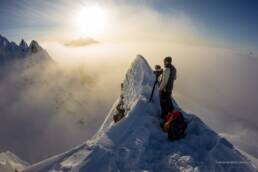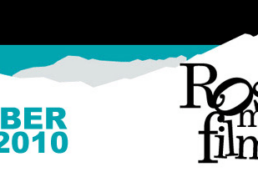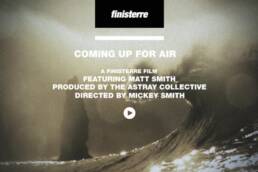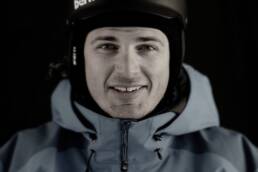The film “Hard Powder“ was banned from shooting in Banff, Alberta, earlier this year. Why is it so difficult for movie makers to access Canada’s National Parks? Writer Kate Harrison Whiteside digs in.
Fernie, British Columbia, wasn’t Hans Petter Moland’s first pick. The Norwegian director had planned to film Hard Powder, a Hollywood action movie starring Liam Neeson, in Banff, Alberta, but learned late in the production that Parks Canada had turned down his team’s application.
“We’d been in touch with Parks Canada for six weeks,” says Warren Carr, the movie’s Vancouver-based production manager. “We’d put in the application, which was over 60 pages. They took exception to the Indigenous component of the movie [a First Nations gang], but did not consult with any of the First Nations actors, [who] were quite insulted about it.” The producers eventually decided to move the cast, including Canadian Aboriginal actor Tom Jackson, and crew over the Rockies and into Fernie. The decision reportedly made British Columbia about $4 million richer.
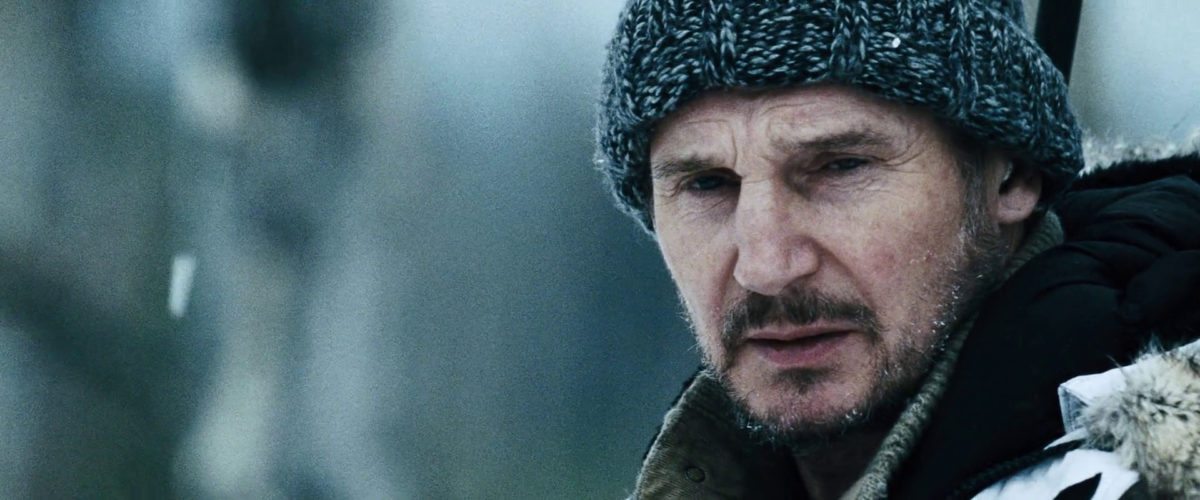
Parks Canada receives hundreds of permit requests annually and the majority are for travel, marketing, documentary and science films. In 2016, they granted 66 permits, half of which were for travel media films. “None of those 66 approved permits were feature films,” says Christina Tricomi, communications officer for Banff National Park. She explains the park has the right to refuse film requests that do not fall within established guidelines or are “not in line with Parks Canada’s mandate or operational priorities.”
“We always had Fernie in our back pocket,” says Mike Johansen, the location manager for Hard Powder. He has a long history of applying for national-park filming permits and says it’s “impossible.” However, Roland Eksteins, a production manager with Kootenay-based Sherpas Cinema, says he’s worked on numerous films in the parks, including tourism campaigns. “Working with smaller crews, we leave a smaller imprint,” he says. “They’re worried about the detrimental impact of large productions.” He also explains that filming with drones in the parks can be an issue and anyone wishing to do so should apply early. “We requested to do a film and use drones,” Eksteins says. “We got permission to film but no permission for drones.”
Freelance camera operator Michael Klekamp has filmed in national parks for the past 15 years. “Stick to the rules and make personal relationships with the staff ” is his advice to location managers. It’s also important to have a plan B. Executive Producer Ameet Shukla also worked on Hard Powder, and he says, “We always anticipate problems and have a back-up plan. On this film, we actually over-searched locations and it paid off.”
Related Stories
New NFB David Suzuki Film
An inspiring footage highlighting and inspiring film about an inspiring guy. David Suzuki, our most visible…
Parallels – A Short Film
Parallels is a short film produced by Dendrite Studios in April of 2011. Created by: dendritestudios.com
Rossland Film Fest this Weekend
The Rossland Film Fest goes this weekend in, you guessed it, Rossland, where a recent winter storm has buried the…
b4apres Debut Film AZADI: Freedom
Anthony Bonello and his crew at b4apres media have just released the teaser to their new film, AZADI: Freedom. The film…
Beautiful New Film From Finisterre
COMING UP FOR AIR from Finisterre on Vimeo. Fans of surf photographer/cinematographer Mickey Smith's epic Dark Side of…
Why Do You Ski (or surf…or ride…or kayak…or…)?
An interesting little film here..the trailer for Lifted was released this past weekend at the Leavenworth Film…


